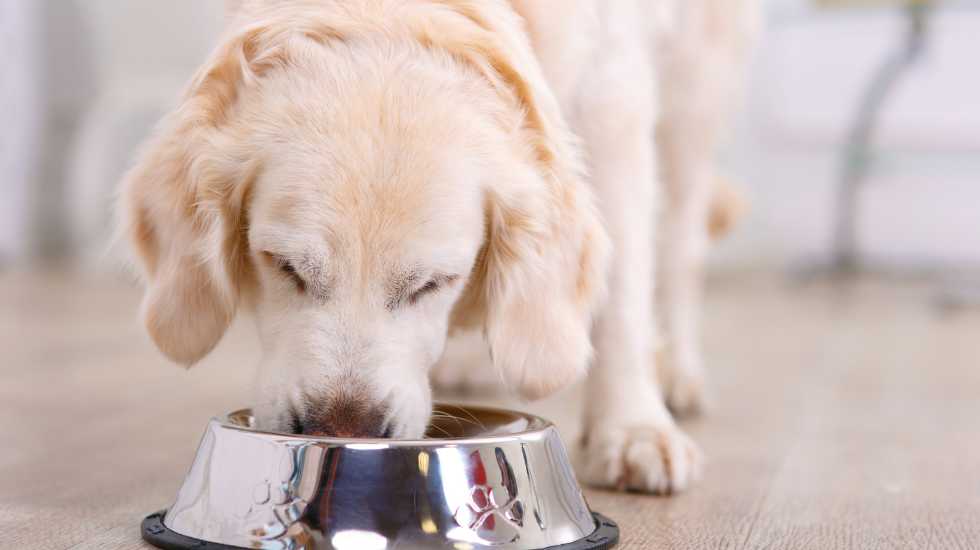It’s the perfect moment to evaluate our habits as we head into a new year to make mindful changes that will improve the health and happiness of our cherished pets. We have the chance to act proactively to improve the wellbeing of our dogs despite the unforeseen difficulties of recent years. Here are five wise resolutions for your pet to think about for the new year.
1. Prioritize Regular Exercise
Obesity, which can cause a number of additional health issues, is one of the most common health problems plaguing our pets today. Dogs and cats are particularly prone to obesity-related health issues including diabetes and worsened osteoarthritis. Obesity can also make surgical operations and post-operative recoveries more difficult. Fortunately, managing pet obesity typically only requires minor lifestyle adjustments, with exercise being a key component.
Exercise that is both regular and appropriate is essential for helping pets lose excess weight. Depending on parameters including breed and age, the amount and type of exercise required varies. For instance, tiny toy breeds may need less exercise than their larger counterparts, and the sort and amount of activity that a pet may tolerate depends on their age.
In addition, increasing your pet’s fitness routine has the unintended side effect of motivating you to exercise more as well. You and your pet will benefit from leading a better, more active lifestyle whether you choose to go for a walk, run, or swim together.
2. Opt for Nutrient-Rich, Low-Calorie Diets
It’s critical to be careful of both exercise and diet as we address the problem of pet obesity. Owners of pets have complete control over what their animals eat, including how much, how often, and what kinds of food and treats are offered. Think about simple changes to your pet’s food routine to get the New Year off to a good start.
Next, consider the calorie density of pet meals. High-calorie diets might cause your pet to feel unsatisfied and result in chronic hunger. Change to diets with reduced calorie density and premium components, like those containing fiber, which encourage satiety, to combat this.
Another element of pet nutrition that shouldn’t be ignored is treats. Consider healthier options like blueberries, strawberries, fresh green beans, pineapples, apples, bananas, and carrots instead of calorie-dense commercial sweets.
3. Embrace Dental Care
With the right oral hygiene, periodontal disease in pets can be easily avoided and managed. Dogs with healthy mouths shouldn’t have foul scents or discolored tartar-like deposits on their teeth. These symptoms point to a developing periodontal condition that can cause infections, halitosis (bad breath), difficulty chewing, and tooth loss.
Commit to preserving the oral health of your pet in 2024. Treatment options include yearly dental cleanings and extractions (to remove severely harmed teeth), as necessary. It also includes brushing your pet’s teeth every day or adding oral health supplements to your pet’s water bowl. For your convenience, dental chews made to halt the advancement of dental disease are also available.
4. Stay Current on Preventative Medicine
It’s simple to forget about our pet’s preventative healthcare in our busy life. Make a concerted effort to get back on track in 2024, though. Make sure your pet has an annual exam by a veterinarian and that all of their shots are current. Maintain a consistent flea and heartworm preventive routine as well.
Since heartworm disease is spread by mosquitoes and has been identified in a variety of climates, it is especially alarming. Treatment is more expensive and potentially fatal versus prevention. Schedule routine veterinary appointments if your pet already has a chronic disease, such as hypothyroidism or diabetes mellitus, to monitor the efficacy of their current treatment plan. With this proactive approach, you can be sure that your pet’s chronic problems will be well controlled, improving their quality of life.
5. Prepare Financially with Pet Insurance
The fact that most costs for pet care are out-of-pocket is one of the difficulties in veterinary practice. While periodic check-ups could be affordable, unplanned crises might put a strain on your finances. Pet insurance can be a lifesaver in these circumstances by acting as a safety net for your animal family member’s medical needs.
Similar to how human medical insurance works, pet insurance can be customized to meet your unique needs and financial constraints. It provides a variety of services, such as urgent operations, complementary treatments like acupuncture, cutting-edge diagnostic procedures, and more. Spend some time researching and choosing a plan that fits your requirements and financial situation to ensure that you are ready for unforeseen veterinary costs.
Conclusion
In 2024, emphasize your pet’s health with these five tips. By exercising regularly, eating nutritious but low-calorie meals, getting dental care, sticking to a preventative medicine schedule, and considering pet insurance, you may be able to improve your pet’s health and set the stage for a happy and healthy year. Your pet and you will benefit from knowing you are providing the greatest care. It will make you feel good to help your pet, and they will appreciate it.

